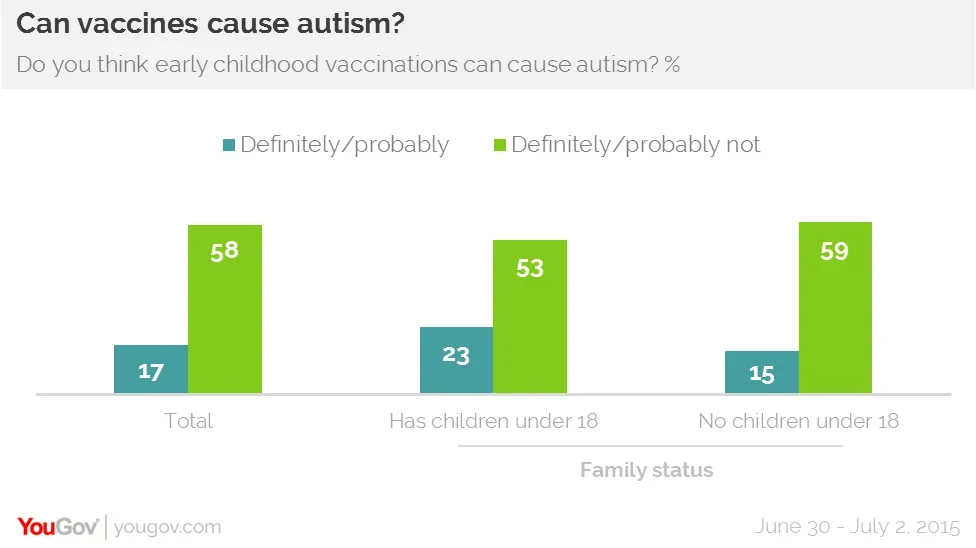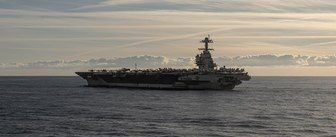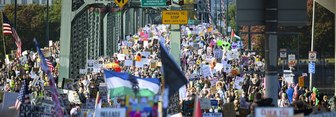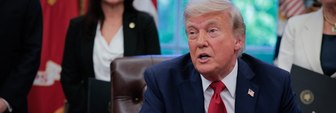Nearly two-thirds of Americans approve of California's new law banning children from public schools if they have not been vaccinated – and removing all non-medical exemptions
California has now joined Mississippi and West Virginia in abolishing the religious or personal belief exemption from the legal requirement to vaccinate children. Previously parents had still been able to send their children to schools without being vaccinated if they claimed their religious or personal beliefs did not allow for vaccination. Now the only accepted exemption to vaccination is medical, as some children are allergic to vaccinations. Some counties in California have some of the lowest vaccination rates in the country and these areas have also seem a resurgence in measles cases, despite the fact that the disease was almost totally wiped out in the United States a decade ago.
YouGov's latest research shows that a large majority of Americans (61%) support laws which require parents to vaccinate their children and only give medical exemptions, not religious or personal belief exemptions. Support for these laws is high across every demographic group and is bipartisan, with 69% of Democrats and 64% of Republicans backing the law.

Abolishing the religion and personal exemption is popular in every region, not just the West. In every region 60% or more of the public support a law like California's.
Much of the opposition to vaccination rests on the conclusively debunked idea that childhood vaccines, most notably the MMR vaccine, can cause autism. 17% of Americans believe that early childhood vaccinations can cause autism while 58% do not. Despite the ongoing controversy and the new laws, people are not less likely to believe that there may be a connection between autism and vaccination. In January of this year 13% of Americans thought that autism may be a result of vaccination.
The belief that autism can be caused by vaccines is more popular among people who do have children under the age of 18 (23%) than it is with people who do not have children (15%).

Despite recent outbreaks, most Americans are not particularly concerned about a measles epidemic. Only 10% are 'very concerned' at the possibility, while 36% are 'somewhat concerned'. 53% are either 'not very' or 'not at all' concerned. This is largely unchanged from earlier this year when 53% of Americans were 'very' or 'somewhat' concerned by a measles epidemic.
Full poll results can be found here and topline results and margin of error here.









